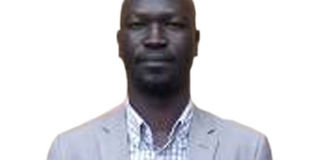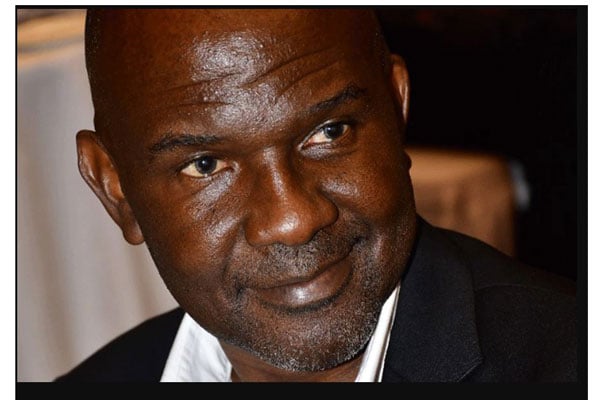We need a third way to liberate our country

In 1980, there was an election organised by the Military Commission government of Mr Paulo Mwanga. Mr Yoweri Museveni, the leader of Uganda Patriotic Movement (UPM) then, participated in the elections as a parliamentary candidate for Mbarara North Constituency.
He lost the election to Mr Sam Kutesa, the current minister of Foreign Affairs, a member of the Democratic Party (DP) then. Earlier, Mr Museveni had announced that he would launch an armed rebellion if the Uganda Peoples Congress (UPC) won the elections.
The UPC won the elections. Mr Museveni did indeed launch a rebellion that five years later, enabled him to oust Gen Tito Okello Lutwa’s military junta from power. Gen Tito Okello had earlier in 1985, through a coup d’état, toppled the UPC government from power.
Mr Museveni and the UPM were not strong contenders in the elections. In fact, they won only one parliamentary seat in Kasese North constituency. A feat pulled by Dr Crispus Kiyonga.
So, it was assumed, wrongly, that he and his comrades didn’t launch the rebellion necessarily because they had lost in the elections but rather because they cherished the ideals of a free, democratic, united and peaceful country.
The 1980 elections, however, didn’t offer the country any hope of realising these ideals. That is why, it was believed, albeit wrongly, Dr Kiyonga declined to be sworn-in as a Member of Parliament.
These were men and women on a mission. Therefore, assuming positions of leadership to partake in the privileges of political offices per se, was not in their estimation, equal to a strategic manoeuvre, in so far as the pursuit of the big picture – taking over power purportedly to change the lot of Ugandans – was concerned. Also, these folks were clear about the strategy to employ to “liberate” the country.
They knew elections couldn’t. They had to choose between two available options - civil disobedience and or war. They chose the latter, not only because elections didn’t offer any chance for liberating the country but also because living comfortably by a section of the liberation movement, in the majority of cases, is an antithesis and a distraction to liberation struggles.
This is one of the main causes of our failure in liberating Uganda from Gen Museveni’s kleptocracy.
We know that elections that are organised by Gen Museveni’s regime are neither free or fair nor credible. They are reminiscent of 1980 which was characterised by violence, gerrymandering, ballot stuffing, bribery, etc.
Strangely, we participate in the frauds that are the elections. In the aftermath, we fail to harmonise our liberation strategies because those who emerge victorious in the elections shift their political objectives to the short term.
They elect to partake in the privileges of elective offices rather than the pursuit of the noble ideals we seek to engender in the governance of our land. In the end, the liberation struggle gets consumed in a debilitating debate that only abates the survival of the regime.
The debate about whether to join the institutions of the regime, like Parliament, in the hope that it can be used to advance the struggle or to abandon these institutions altogether and pursue the struggle from the outside with the masses of our people.
This is a serious contradiction that must be resolved. Any liberation struggle that is divided in terms of the strategy to employ in advancing the struggle becomes needlessly weakened. A liberation struggle can’t be wishy-washy about its strategies and objectives, especially after employing a particular strategy for long without success.
In Uganda’s case, we have to explore a third way – active boycott of elections to delegitimise the regime and hopefully force it to a negotiating table with the liberation forces or non-violent civil disobedience.
Robert Mugabe is a politician, trainer, writer
[email protected]




